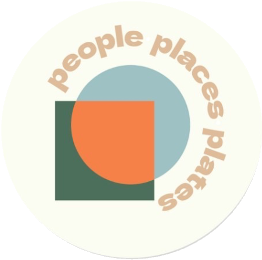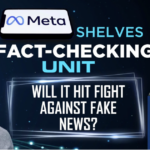This is the concluding part of our four-part series on Media and Information Literacy (MIL) in the context of the Disinformation Web. In this article, we’ll explore why MIL is crucial in the Philippines for countering disinformation, examine the ongoing MIL initiatives, and highlight strategies to create a more resilient society.
In today’s era, where misinformation is widespread, Media and Information Literacy serves as a vital tool for the Filipino population. It equips individuals with the skills needed to navigate the complex digital world, enabling them to assess information critically and resist various forms of manipulation.
The Importance of MIL in the Philippines
Media and Information Literacy involves acquiring the skills to access, analyze, evaluate, and produce media content, all while understanding the ethical implications of media consumption and production.
In the Philippines, where misinformation is prevalent, MIL becomes particularly important. It empowers citizens to differentiate between reliable and unreliable information, helping them make informed decisions amidst the overwhelming flow of content online.
For instance, as highlighted in previous articles, social media has deeply integrated into the daily lives of Filipinos, making the Philippines known as the Social Media Capital of the World.
However, this also means that Filipinos are frequently exposed to false information, especially from social media influencers. Therefore, educating the public about MIL is crucial.
Government Initiatives on Media Literacy
Recognizing the threat posed by disinformation, the Philippine government has taken steps to promote media literacy nationwide. A key initiative, led by the Marcos administration, focuses on equipping Filipinos with the critical thinking skills necessary to navigate the media landscape effectively. This campaign is a collaborative effort involving various government agencies, such as the Presidential Communication Office (PCO), the Department of Education (DepEd), and the Commission on Higher Education (CHED). The goal is to teach individuals how to identify credible sources and engage responsibly with media.
Contributions from Academia and Non-Profit Organizations
In addition to government efforts, academic institutions and non-profit organizations have significantly contributed to promoting MIL. For example, Tsek.ph is a collaborative fact-checking project designed to combat disinformation by providing verified information. Similarly, VERA Files, an independent media organization, conducts detailed analyses and fact-checking to promote accurate journalism.
Media and Information Literacy as Defense Against Disinformation
Strong MIL skills dramatically improve an individual’s capacity to avoid manipulation and make well-informed decisions. By fostering critical thinking, MIL encourages people to question the credibility of the information they encounter. This ability to make informed choices is particularly important in a democratic society like the Philippines. Moreover, MIL initiatives have proven effective in building resistance against misinformation, as demonstrated during the COVID-19 pandemic when efforts to debunk vaccine myths were successful.
Key Lessons and Future Directions
As the Philippines continues to tackle disinformation, several valuable lessons have emerged:
- Proactive Education: Introducing MIL early and maintaining continuous education are essential to creating a more informed and resilient society. When people are trained to assess information critically, they are less likely to fall prey to misinformation.
- Collaboration: Effective MIL initiatives require cooperation between government agencies, educational institutions, and media organizations to broaden their reach and impact.
- Lifelong Learning: MIL is not a one-time effort but an ongoing process that requires constant updates and innovations to keep up with the ever-changing digital landscape.
Conclusion
Media and Information Literacy is a powerful tool in the fight against disinformation in the Philippines. By nurturing strong MIL skills, individuals can become more discerning consumers of information, resist manipulation, and contribute to the creation of a well-informed and resilient society.
Coach Boost Gio
About Kwento Co
Kwento Co is a dynamic platform dedicated to Media and Information Literacy. Our team comprises content creators, artists, influencers, and young entrepreneurs, all passionate about helping businesses—from micro to macro—enhance their digital presence through customized marketing strategies tailored to their brands.






